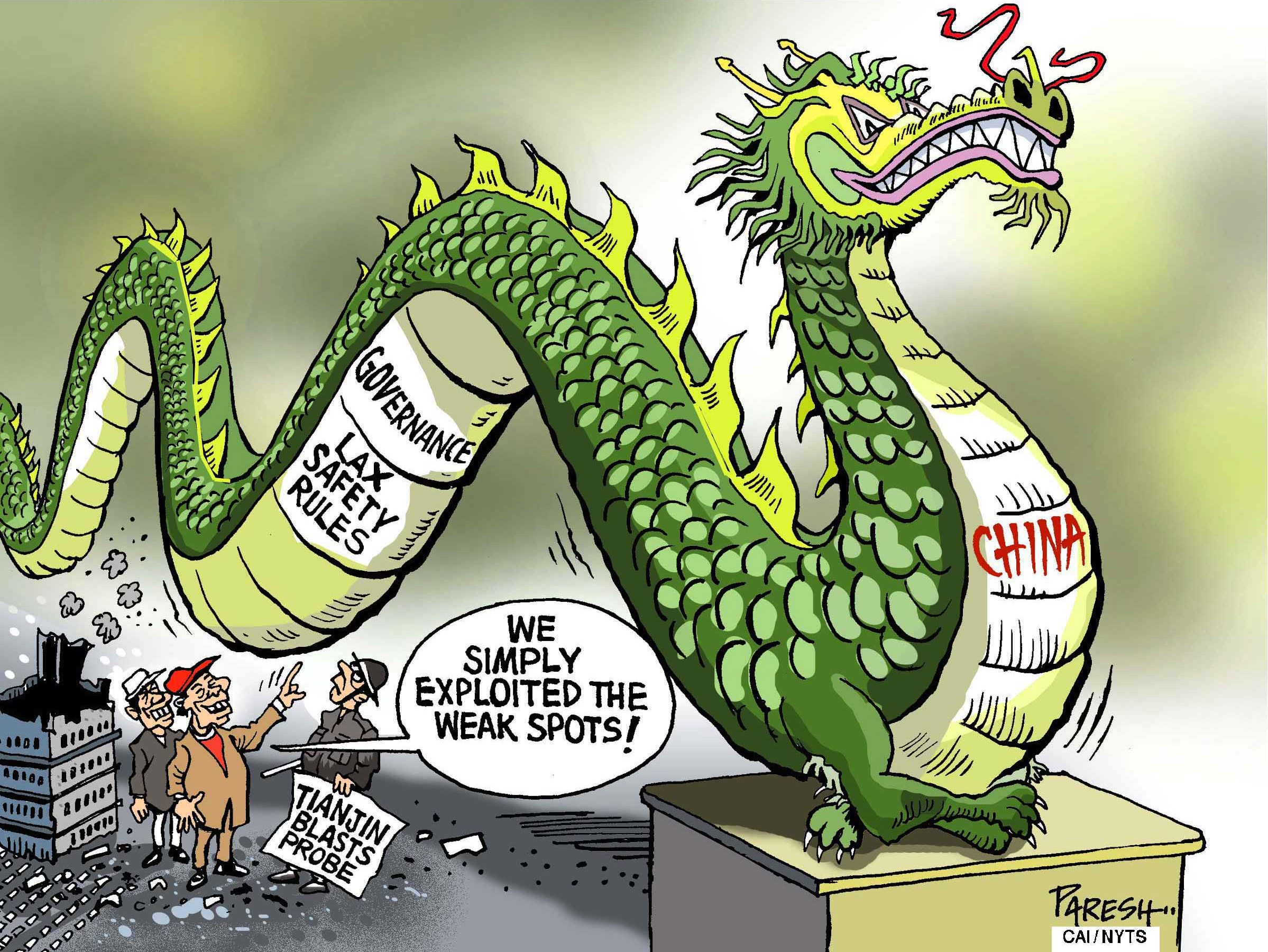When political scientists argue that corruption can sometimes help an economy grow, they have in mind a country like China. In an economy where several sectors are still shackled by pervasive regulations and controls, the payment of bribes in exchange for government permits can sometimes restore some semblance of a free market.
Indeed, while corruption is generally harmful to economic growth, there is a case to be made that in the years since China launched its transition to a market economy in the late 1970s, it was a necessary evil because of the country's unique initial circumstances: rigid state control and limited international trade.
Today, however, President Xi Jinping's drive against corruption is prompting a reconsideration of the impact of graft on the Chinese economy. In view of the country's economic transformation and integration into the world economy, curbing corruption has now become ever more necessary to sustain high economic growth.


















With your current subscription plan you can comment on stories. However, before writing your first comment, please create a display name in the Profile section of your subscriber account page.